Family Constellations
Washington

“By naming a disruption, you can keep it in the generation where it originated and this frees something up in the family lineage that we can experience in the room - more original love is now accessible to the seeker.”
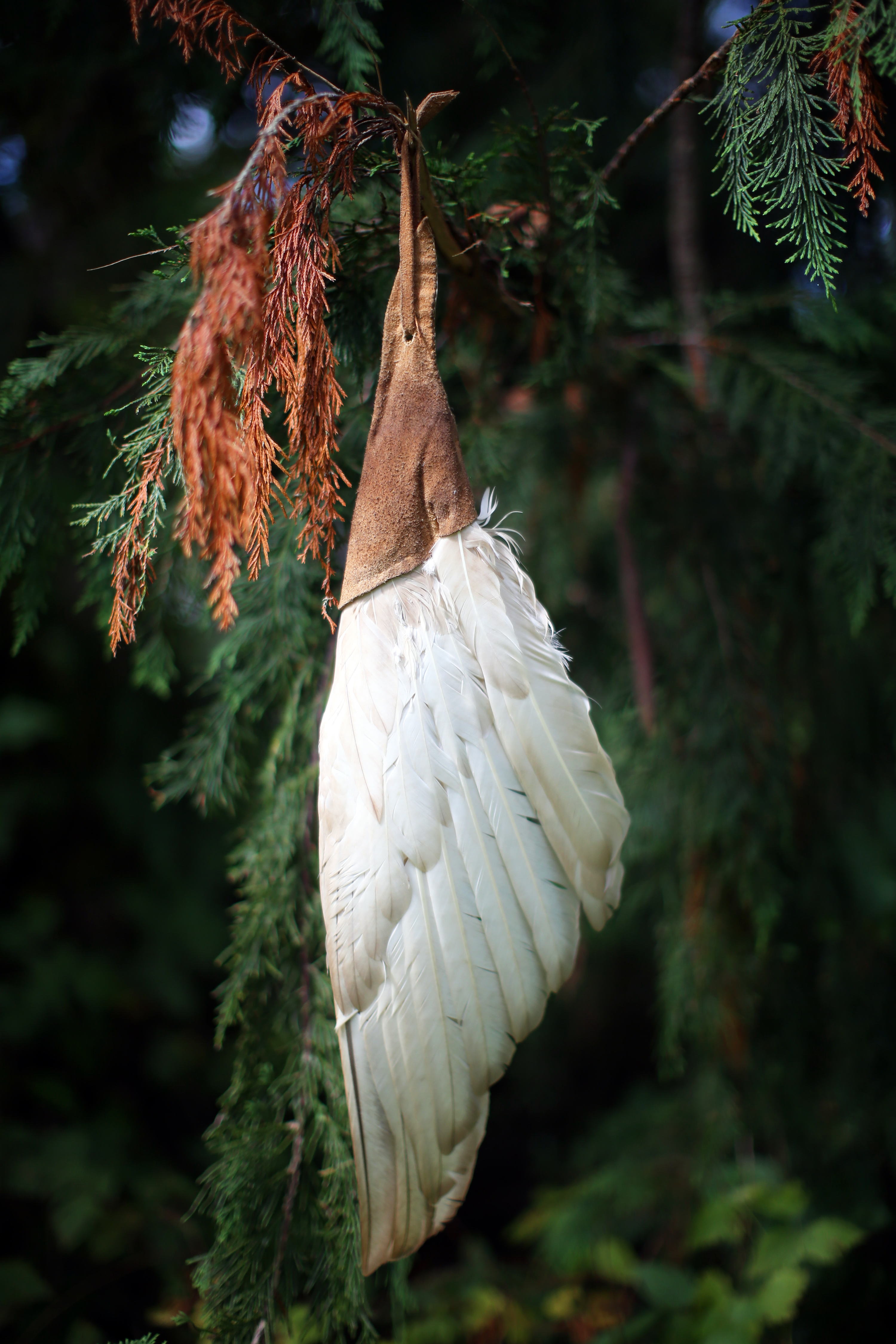
How would you describe the work that you are doing right now?
It is difficult to put into words because so much of it is invisible to the technical eyes and ears, but my work out there right now is Constellations, which is also completely supported by dreaming and ceremony. There are many ways to constellate but we will talk about Family Constellations, which is most often connected with ancestral trauma.
Where did Family Constellations come from?
It was created by a German minister named Burt Hellinger. Many factors led him to a really thoughtful place at a time when psychology was developing very quickly in Germany during its recovery from the war. He had spent a lot of time with the Zulu people in South Africa and was deeply influenced by how they communicated as a village over things that were impacting everybody, and how they looked at trauma. They understood relationships in a spatial way that was different then how western minds did, and they were always looking for feedback from what we now call the field. So out of that influence, as well as with many other inputs, he evolved this practice called Family Constellations.
What happens during a Constellation?
You have a seeker asking to look at something that is disrupting their life and then you have a circle of people witnessing them called reps. The seeker selects people to represent their family, their parents, grandparents, and great grandparents. This is how the village meets in circle for conflict, and whatever is being discussed happens in the middle surrounded by witnesses. The reps move in spatial relationship and it is amazing to watch what happens with the seeker.
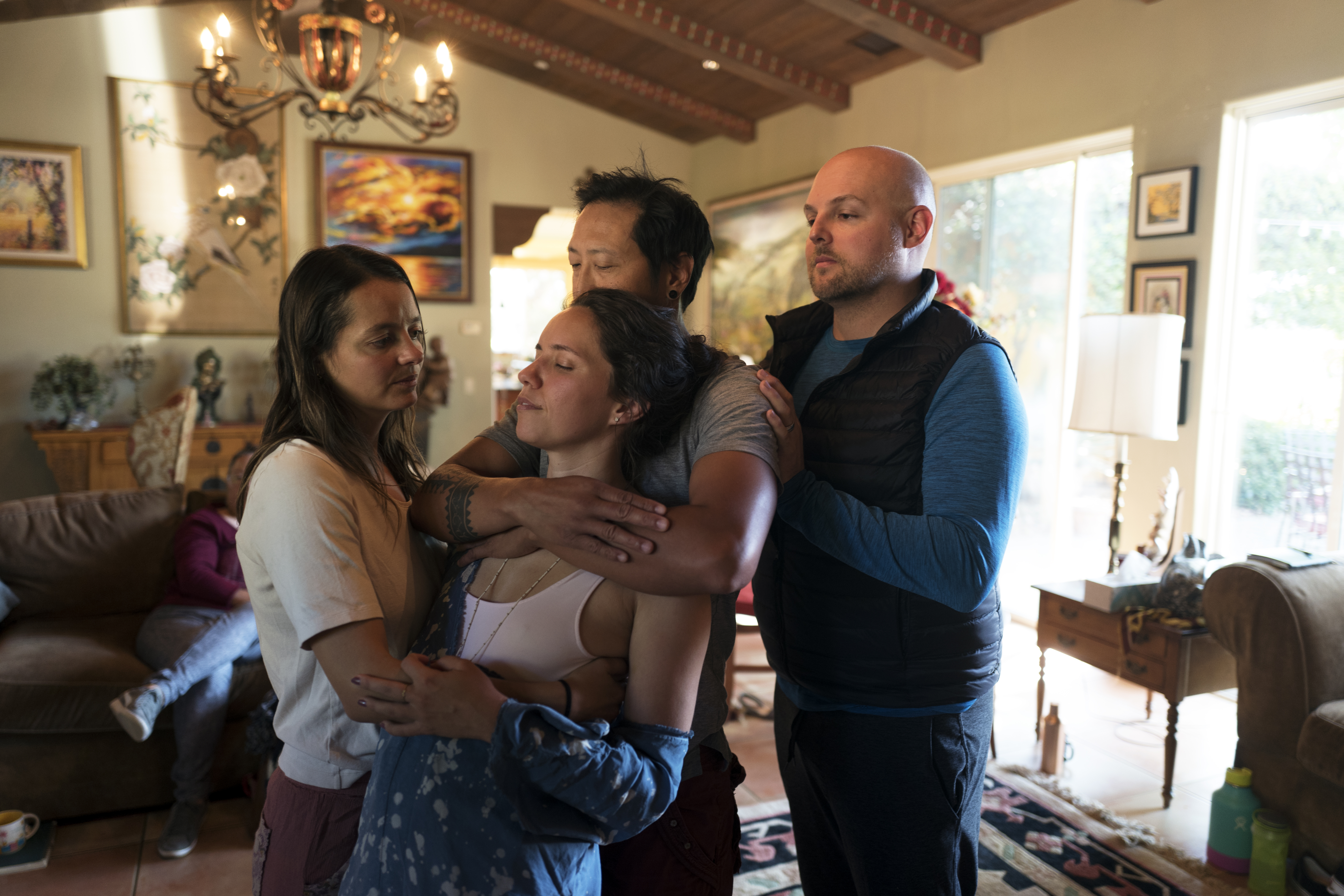
What are you looking for in the field?
You look at how trauma has come up through the lines and how it impacts current behavior. Many people experience trauma in this life right now, but that could be a repeated cycle and pattern that is recurring through the generations. Or you have behavior as if you’ve been abused but there is genuinely no personal history. So it's a mystery where this is coming from. Through constellations you can see from which generation something originated.
Do you have to know your family’s history?
The field shows you what is hidden and not known, it is the language of the heart and is revealed in spatial relationship. It's amazing to stand in the understanding that we don't need the story to be able to see something that is really impacting our lives and to get the information on how to shift it.
When does the shift happen?
Coming out of a constellation there is a lot of unfolding, which can continue for at least a year. By naming a disruption and seeing it, you can keep it in the generation where it originated. This frees something up in the family lineage that we can experience in the room at the time, more original love is more accessible now to the client. When we can receive and hold more light and love within our system, things naturally get better.
How do constellations relate to ceremony?
What I realized with constellations is that you’re magnifying the healing because the whole room is receiving it at the same time. And a ceremony does the same thing, especially big earth-based ceremonies.
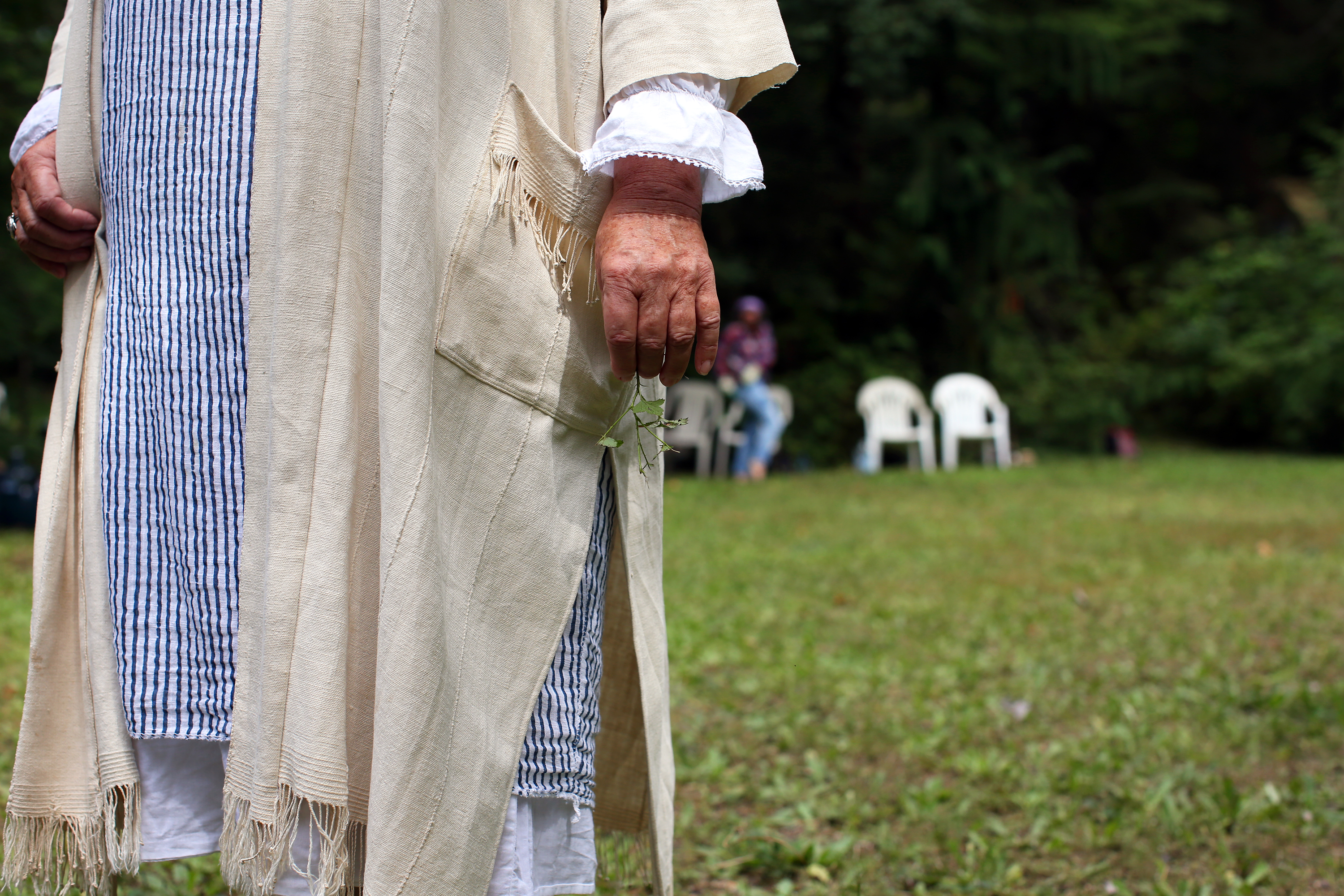
How did ceremony come into your life?
In the late 80s, I came out of a dark time in my life and met my native elder, Ghosthorse and his uncle Wallace Black Elk. The Lakota people adopted me into the family and I had permission to start training and learning from them. What really stands out to me is their understanding of ceremony is one of the deepest I have ever encountered. I am in deep gratitude to all that they shared and the permissions that they gave me. I call myself a ceremonialist and that is what I teach. I help people get in touch with creating their own ceremonies, and a container that can shift things.
Why is ceremony so important?
Before there can be a change anywhere first it has to come through ceremony. You have to sow the seed into this physical reality and that’s what ceremony does. When you go for an individual healing you are sowing that individual seed and it comes forth, but through ceremony, people start to see things are inclusive, relational and that we are responsible to all of life.
What is the Arbor Legacy?
It is a 2 to 3 year training program in dreaming, constellations and ceremony. It is for people who have been on the path for a while, and who are starting to go out and do their own teachings. The legacy I want to leave behind is to know there are strong resilient people who are loving and kind, that know who they are and what they believe in, who are able to transcend trials and help others do the same and be holders of light. They become my legacy not because they try to be like me - the teaching is about finding yourself.
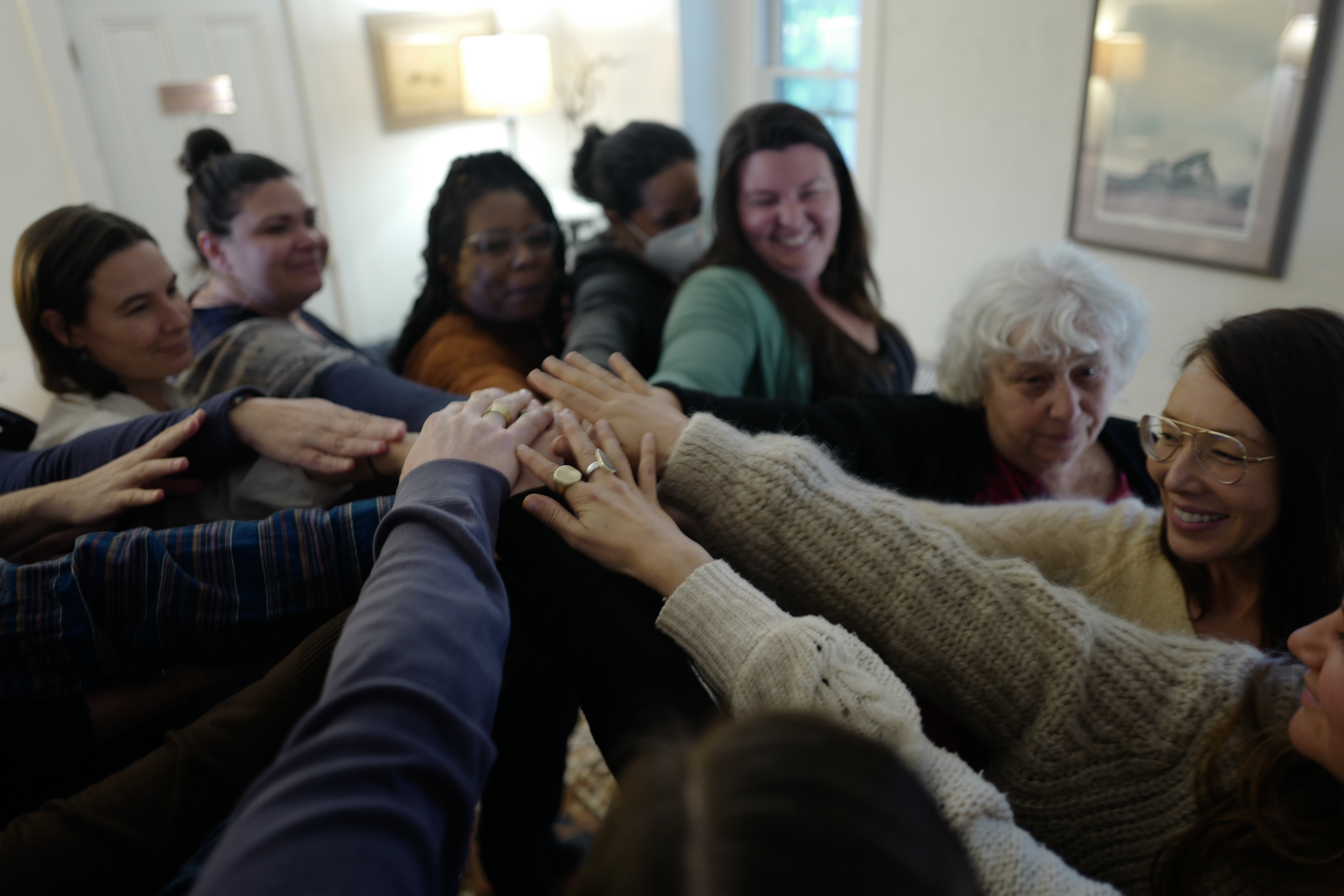
How else can people work with you?
The Village Green is a virtual membership community where you can connect with other people and with teachings and courses. I also organize the Night Turtle Dance, which is a 3-day ceremony held north of Seattle in August. It is a vision that came to me through questing and with the permission of my elders. It is all about giving gratitude to the earth and sowing new seeds for the new world to take forth without trying to condition on what that might look like.
What do you think personal growth has to do with collective change?
It’s micro macro. You need to put your own oxygen mask on first before you help someone else. My personal work doesn’t really ever really stop but it goes together. And as I do a big piece on the inside, I notice there is a big shift for everybody.
What does practice mean to you?
Finding space where you can truly be in the beauty of life several times a day, that’s a practice. Where it falls down is if it is something you should, could or would do - that’s not a practice that is a torture. What matters is that you are creating spaces where you feel aligned to who you are and the greater mystery.
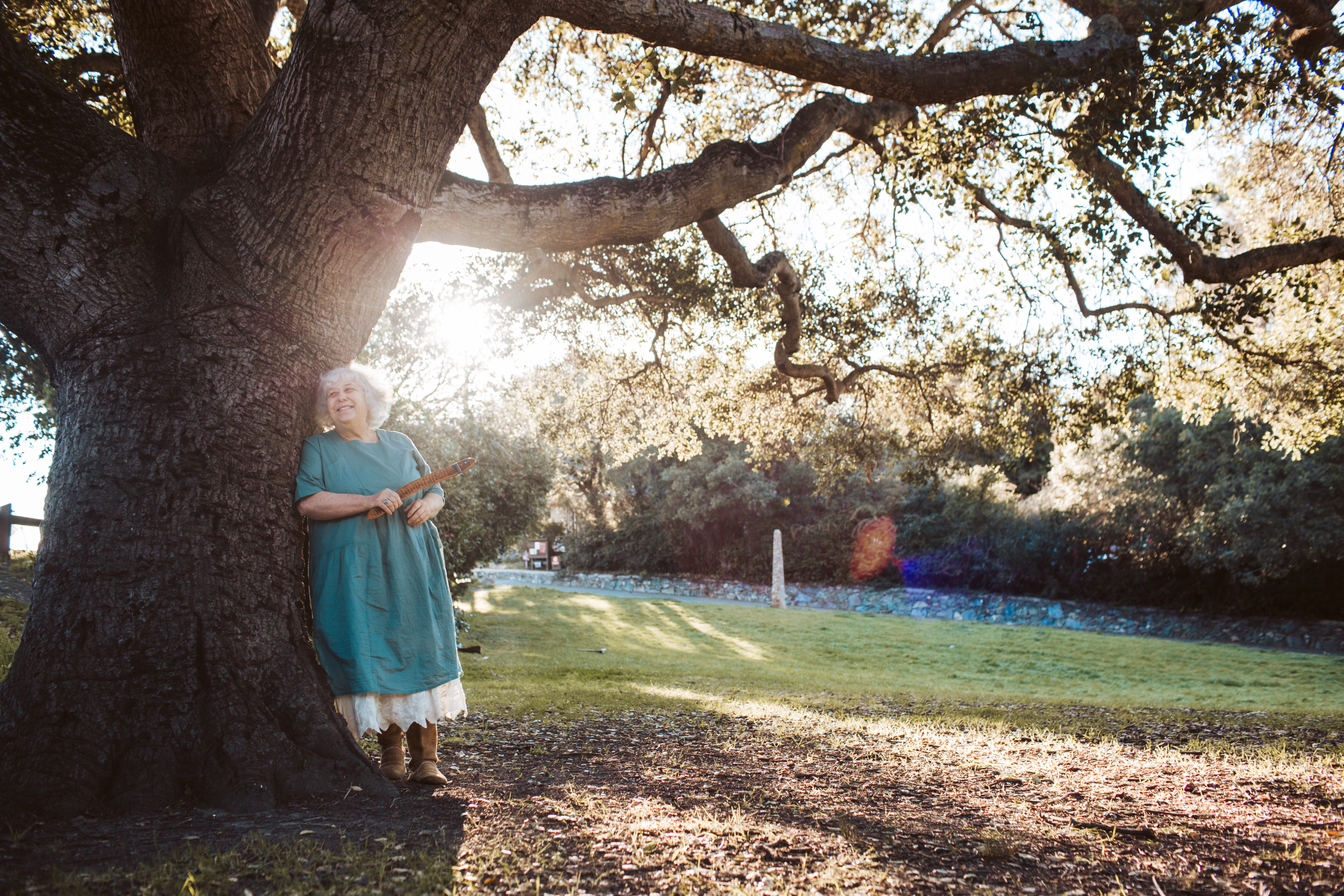
What are your personal practices?
I have a practice of going out first thing in the morning, I’ll offer some cornmeal or tobacco and say good morning and that’s it. Some days I feel inspired and a bigger practice happens. I am someone who shows up for swimming and have a big commitment to the physical because my body appreciates it.
What do you keep on your bedside table?
I always have a very small altar. I travel with my version of shamanic 911 tools, a rattle and a feather. My dream stone is always nearby. I keep the water that I drink at night in a dark container because actually while you're sleeping negative energy can be absorbed if it is open.
What is the best advice you've ever gotten?
Every time I get upset I remember Rumi saying, “oh break my heart; oh, break it again, so I can learn to love even more again”
What words of wisdom do you always find yourself sharing?
What would love do here?
What books are you recommending right now?
In many ways I don’t recommend books. Most people right now are suffering from too much information in their heads. There is this pressure of learning. I say please put that down and start experiencing where you are right now. Come into the adventure of your life and your journey. But I do love classic poets and the language of poets like David Whyte.
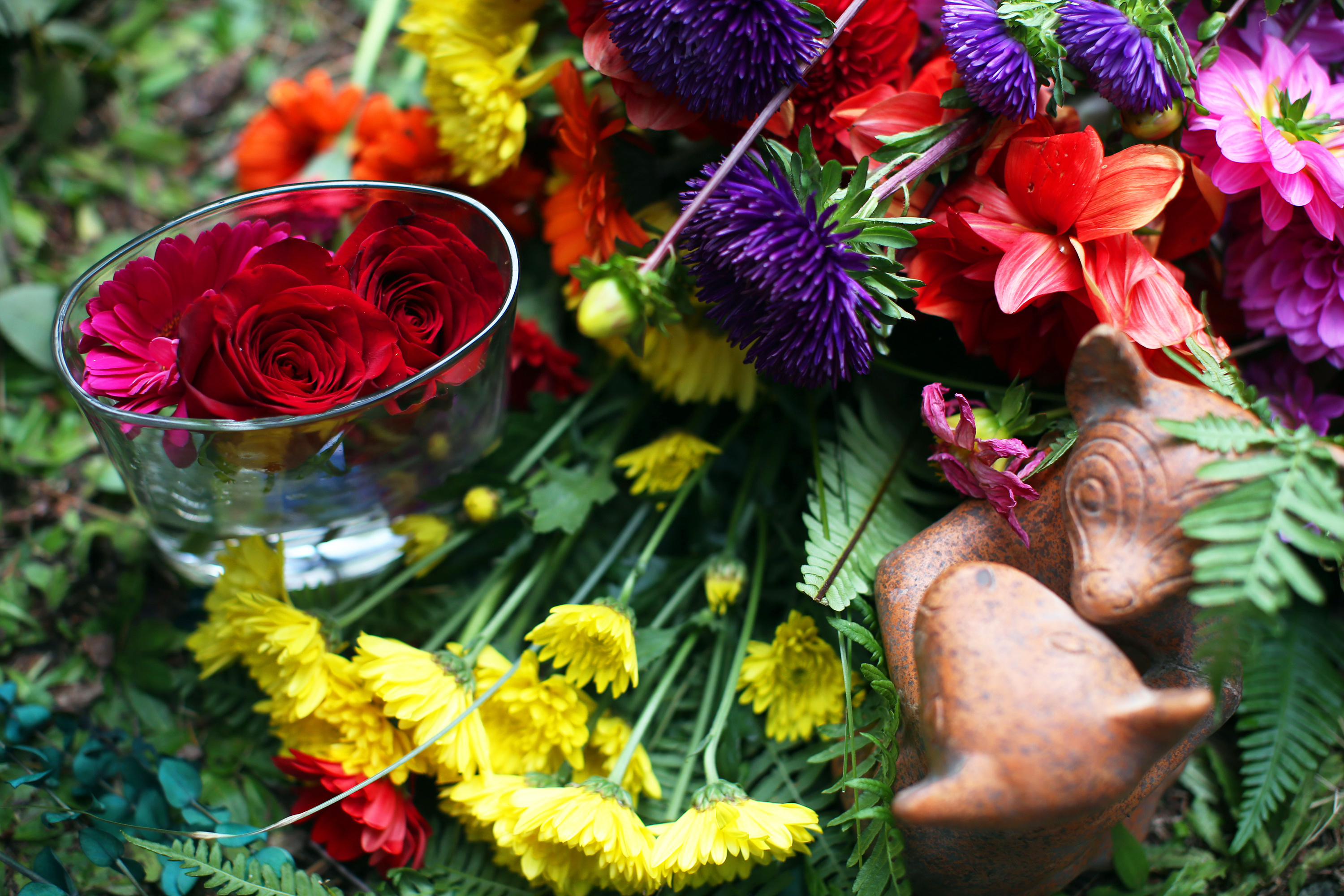
Photos by Katina Mercadante, Brooke Porter, Jenn Whitney





